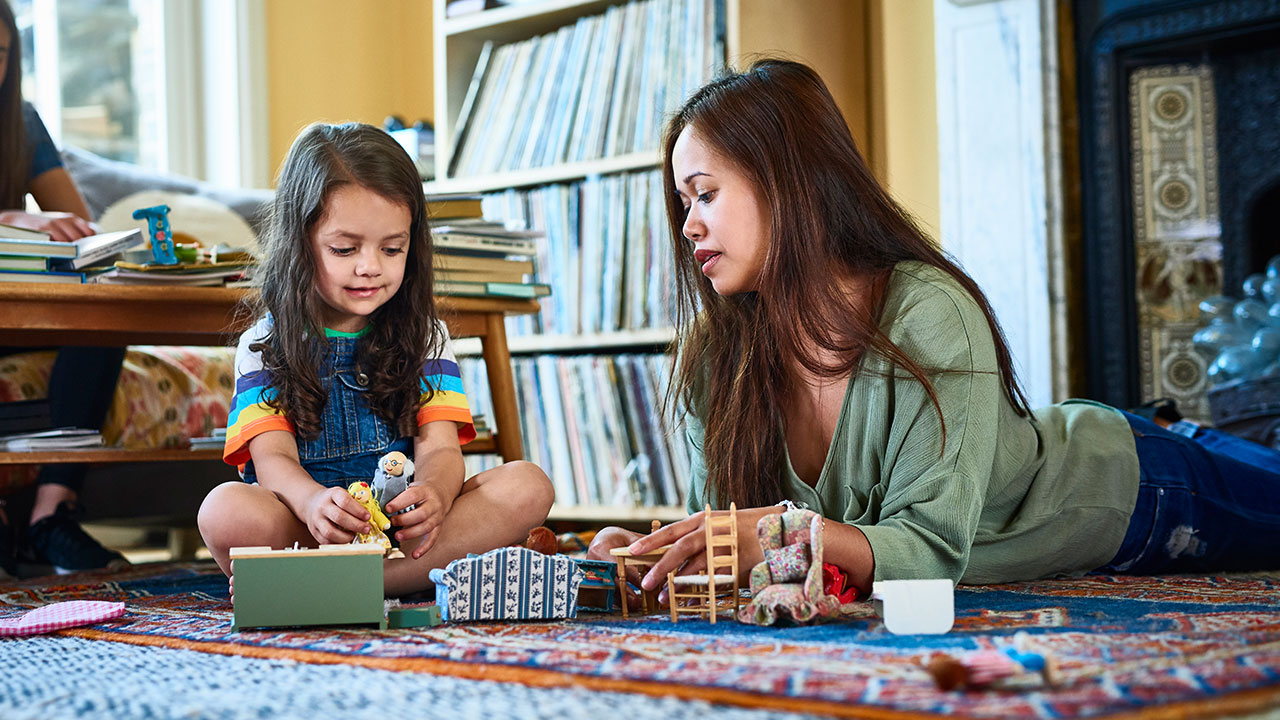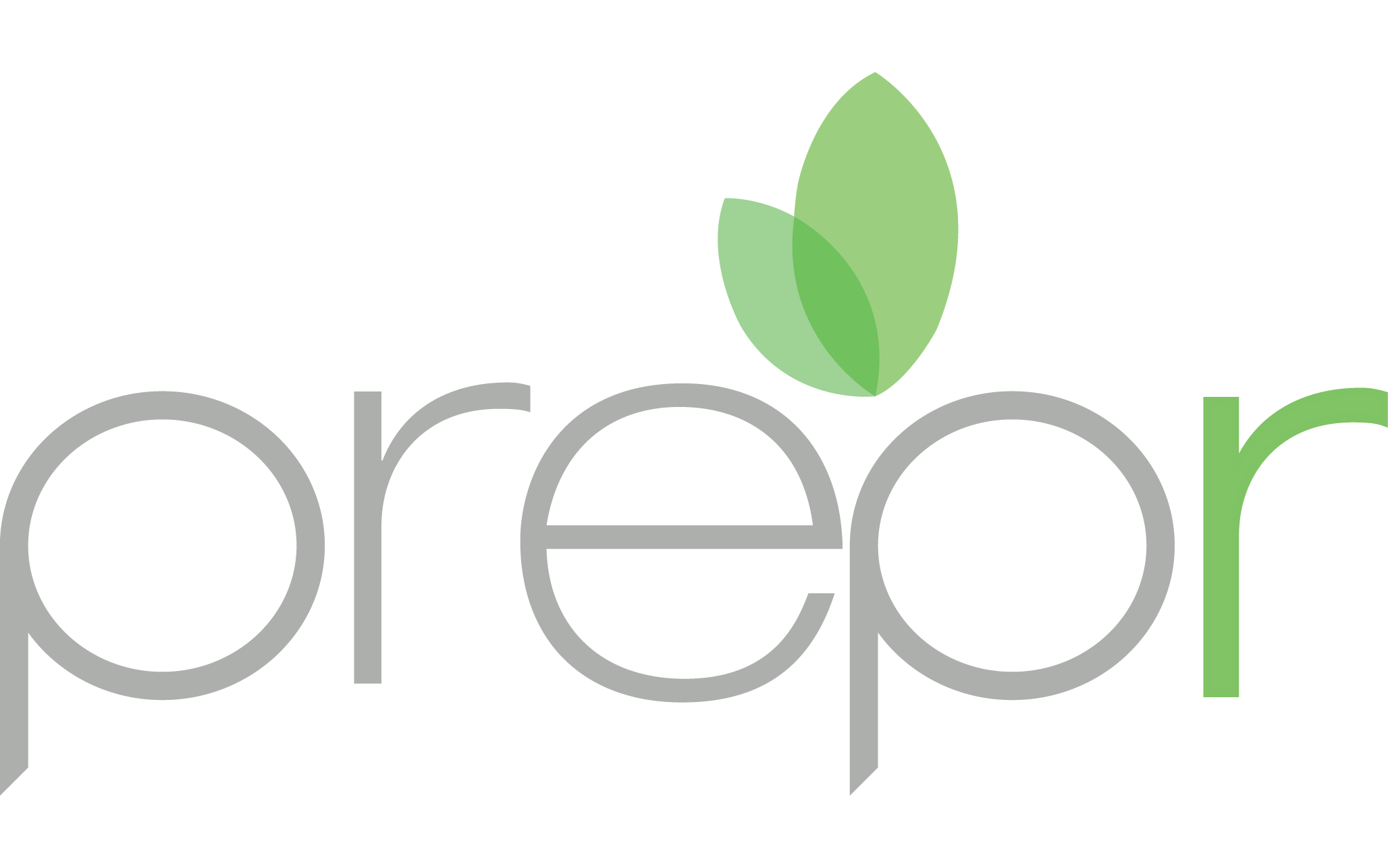
23 Mar Project Based Learning for Parents
Project based learning is different from a traditional education approach. PBL is flexible collaborative and generative. It gives students a choice in what they want to learn about. PBL requires learners to ask questions, iterate and learn in a deeper sense. Students are given the opportunity to ask their own questions and solve problems that matter to them. Often to someone not in the classroom itself, a PBL class could seem a little chaotic or unorganized. To parents, other teachers or administration, the classic pedagogical approach may seem like a better option.
In reality, the world is very chaotic, and the outdated education of the past does not represent what we are preparing our children for: The Future. The world keeps changing, evolving and becoming more integrated and complex, so why shouldn’t our classrooms change as well? Although it’s first implementations were in the 70’s, schools have still been slow to adapt this way of teaching and learning. Why? Because it’s very difficult to implement. First, it requires a full overhaul of the classroom setup. Next, the rethinking of traditional learning models and finally, the inability to standardized test and thus misconceptions around learning in the classroom. Often the biggest step is getting past this initial phase of risk and the fear of trying something new. Using the same tests from the year before, teaching the same material is comfortable and easy. Changing your classroom and inspiring learners is not.
As a parent, you may be concerned and have the right to be over a different type of classroom. You may be thinking “my child won’t learn as much as they would in a traditional classroom” or teachers won’t teach actual content” or “my child won’t be prepared for university of the future. These are all legitimate concerns, but here’s why we believe PBL is detrimentally important to the future of our education system, and how you as a parent can help:
Keep an open mind
Be open to a new way of learning, do some research for yourself. There are many studies done on PBL. For example, students engaged in small group learning achieve higher grades, retain information longer, improve communication, reduced dropout rates, have a better understanding of professional environments and have higher collaboration skills. Furthermore, project based learning enables teachers to adapt their instruction to the students specific needs. This is proven to produce significant learning gains. There’s so much information and research done on the subject, it’s important to do some research and keep an open mind if your child’s school is adopting a PBL learning curriculum.
Collaborate with the class
Project Based Learning relies heavily on collaboration. This is both with other students, teachers and experts in the community. Often parents volunteer for certain events such as field trips, assemblies or other school initiatives. PBL should be treated the same way, and parents in different areas of expertise are encouraged to volunteer their time in a project based learning classroom. Many parents are accustomed to helping their children with work or projects at home (sound familiar?), imagine what could be done with several parents helping multiple students.
Employer Relations
Smart employers recognize that their future success will depend on today’s students. Your place of employment could benefit from Project Based Learning and engaging with the community. Ask your employer if it would make sense to support PBL in your child’s class. Companies may be able to provide materials, expertise, volunteers or fundraising support – all much more than what a traditional classroom can offer to your child.
But my child won’t be ready for university or the future like I was
The chances of of your child holding the same job at the same company for their entire adult life is basically zero. Change and uncertainty are the only predictable factors of the future. As technology improves, experts suggest that a students need to memorize will be irrelevant. WIth AI, machine learning, the top skill set for the future will be adaptability, problem solving, teamwork and communication. Living in a digital world, students portfolios of projects they have done, problems they have solved are becoming more and more relevant in college applications and job applications.
More and more universities are implementing PBL classes and workshops now, due to the realization that it simply works in preparing students for the future. In 2017 more than 100 “elite” private high schools in the United States started a plan to transform traditional transcripts and replace them in competency based, non-standardized documents.
As you can see, there’s a lot more to PBL than you may be aware of. If your childs school is thinking of adapting to a project based curriculum or integrating more projects into the semester, don’t be worried, be excited. Project based learning is a fun and efficient way to prepare your child for a bright future. Remember students of today are the leaders of tomorrow.
